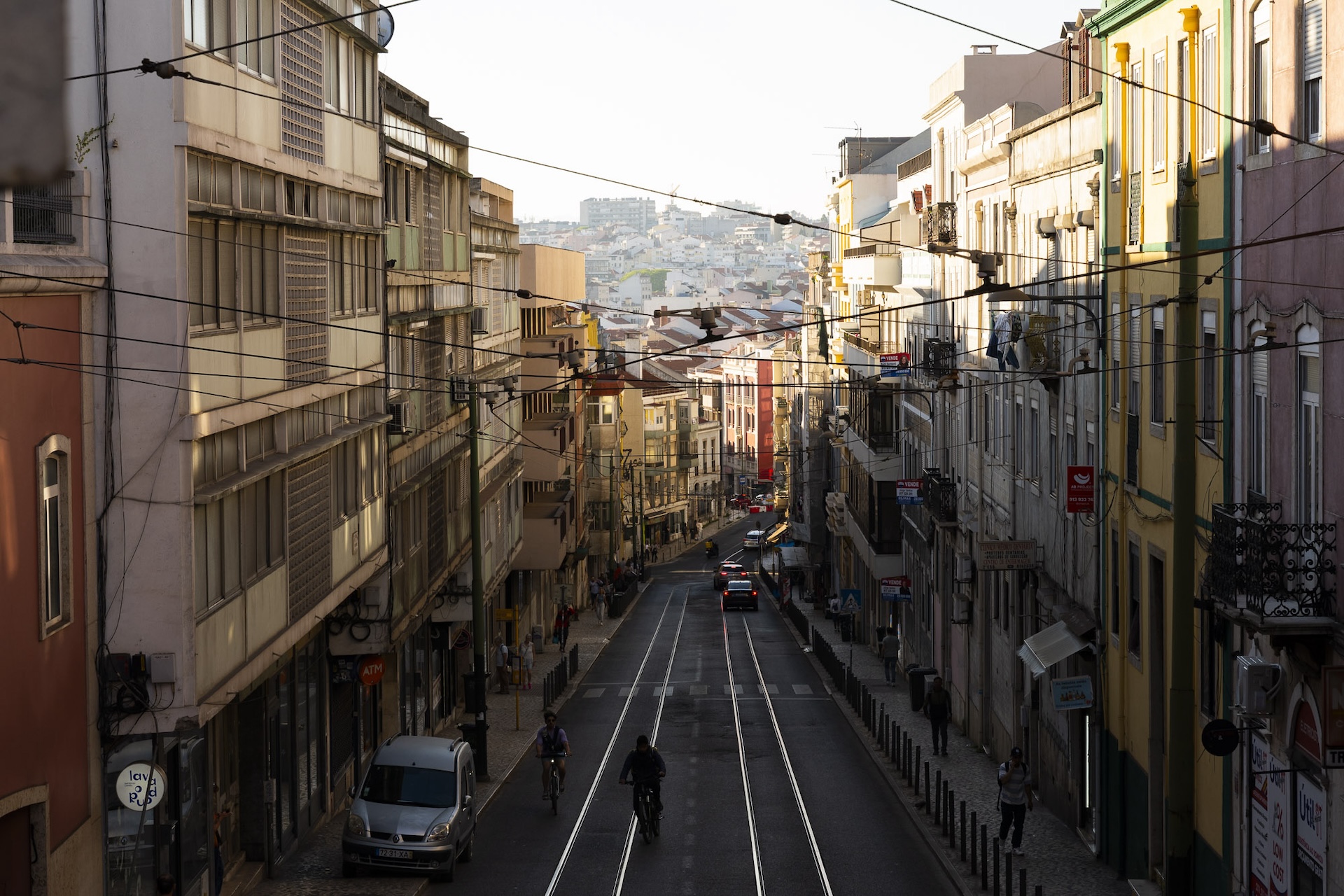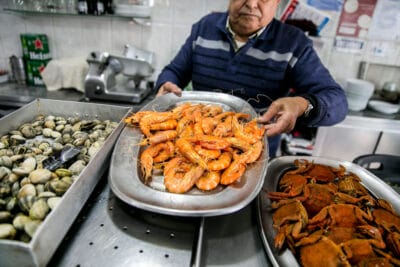We can't find the internet
Attempting to reconnect
Something went wrong!
Hang in there while we get back on track
Post-Colonial Lisbon Series
We can't find the internet
Attempting to reconnect
Something went wrong!
Hang in there while we get back on track
Related Stories
We can't find the internet
Attempting to reconnect
Something went wrong!
Hang in there while we get back on track
Book our Award-Winning Lisbon Food Tour

Get Your Free Lisbon Pocket Guide
Introducing our pocket-sized Lisbon guide — perfect for your next culinary adventure. Yours free when you sign up for our newsletter.










